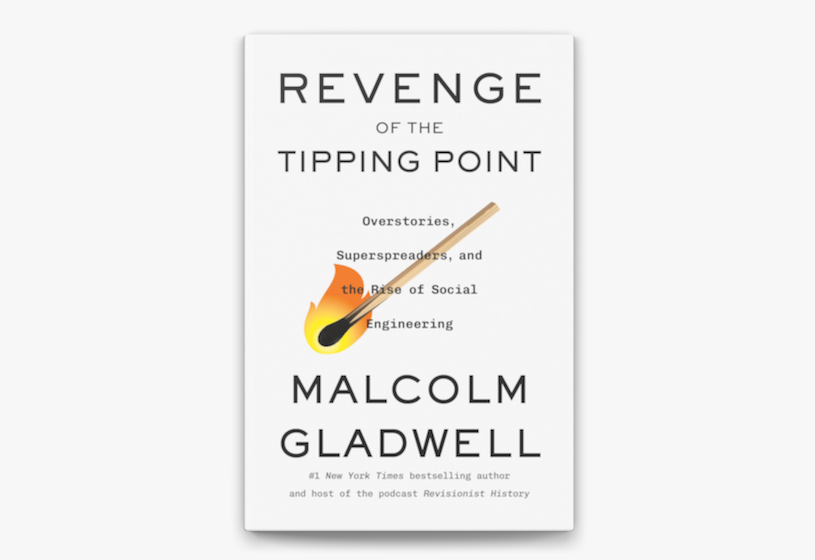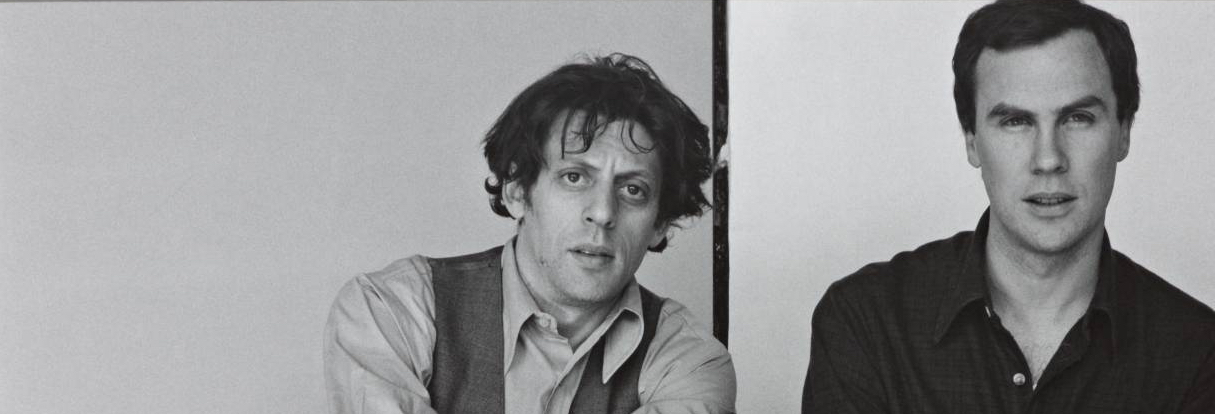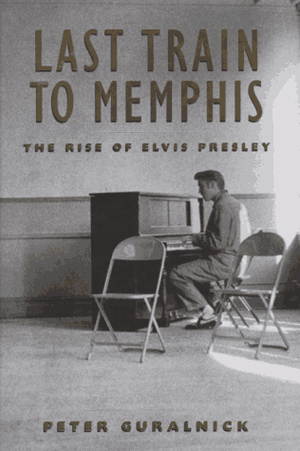
Can the James Baldwin Typebot Tell Us the Meaning of Life?
In the financial district of Manhattan, an AI-equipped typewriter, fueled by James Baldwin’s works, types back at you with answers to your questions.

October 29, 2025













 January 24, 2022
January 24, 2022
 July 26, 2021
July 26, 2021
 July 29, 2016
July 29, 2016
 November 29, 2015
November 29, 2015
 August 1, 2014
August 1, 2014
 October 1, 2012
October 1, 2012
 March 3, 1999
March 3, 1999
 October 2, 1994
October 2, 1994
 November 1, 1991
November 1, 1991
 March 16, 1985
March 16, 1985
 September 1, 1981
September 1, 1981
 October 19, 1980
October 19, 1980
 November 12, 1979
November 12, 1979